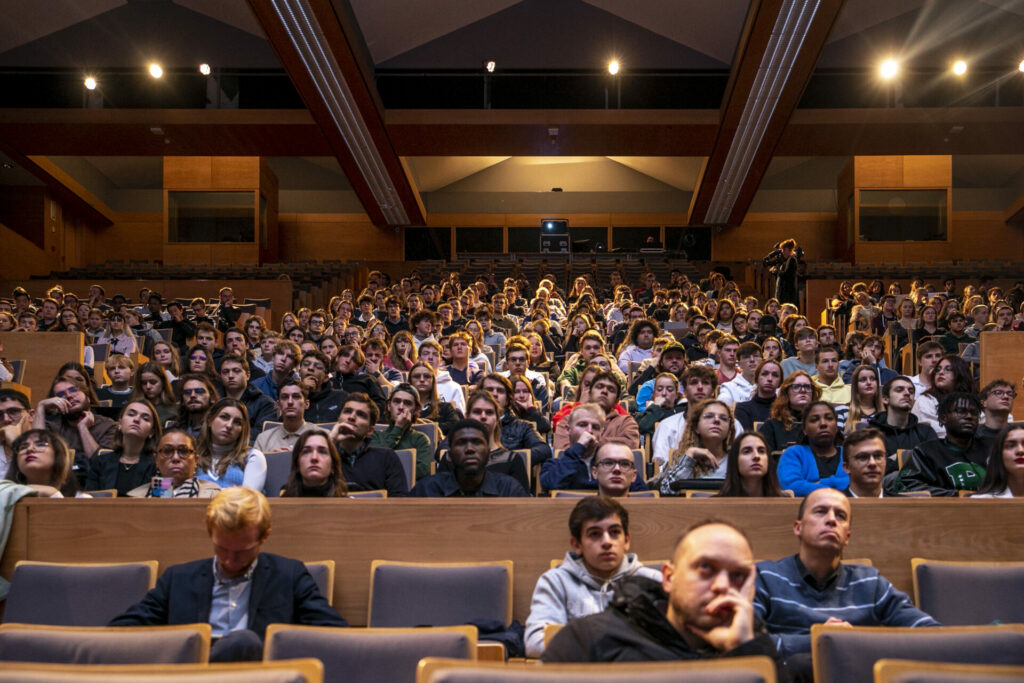The Flemish Government negotiators are considering ways to restrict the internationalisation of universities in the region. This could include curbing the number of non-European students with funding cuts.
International students are increasingly opting to study at Belgian universities, as they are easily accessible for people from abroad. However, in recent years, the Flemish Government has been pushing back on this trend. It has twice clashed with Dutch-speaking universities over English-language Bachelor's and Master's programmes to stop higher education from being "de-Dutchified".
Now, the parties negotiating the formation of the next Flemish Government, N-VA, Vooruit and CD&V, are considering further reining in internationalisation by curbing the intake of non-European students with a funding cap, De Tijd reported.
Funding review
In essence, universities and colleges that have too high a proportion of non-European students – people from countries outside the European Economic Area (EU Member States plus Liechtenstein, Norway and Iceland) – would see their subsidies being frozen. A maximum of 2% of non-European students is currently on the table.
For universities which have wagered on internationalisation in recent years, the loss would run into millions of euros. The Vrije Universiteit Brussel (VUB), where around 7% of students come from outside the EEA, and KU Leuven, where this figure is nearing 8.5%, would be particularly hard hit by a funding review. Respectively, this means they would not receive funding for 5% and 6.4% of these student groups.
A source close to the negotiations said the measure is not down to budget concerns, as the spare subsidies will be redistributed. The heavily internationalised VUB and KU Leuven universities will lose funds, and Ghent University (UGent), which has a more European and Belgian student population, will gain more money. Instead, it is motivated by ideology and "putting the interest of Flemish students first," in line with the focus on Dutch-language classes.
Related News
- European project gives refugees a chance to study at KU Leuven
- Tight language rules and low tuition fees: The challenges faced by Belgium's universities
This is in stark contrast to demands from universities and colleges, who have argued that government funding is not keeping pace with rising student numbers, and are looking at boosting the number of international students (non-EU students pay over €7,000 per year in Flemish higher education institutions).
Opponents of the funding freeze have also argued that international students generate more benefits than costs. They say internationalisation is needed to attract the best talents from across the world to boost the Belgian economy and society – many continue to work in Belgium for some time after their studies – as well as to retain top positions in university rankings.

